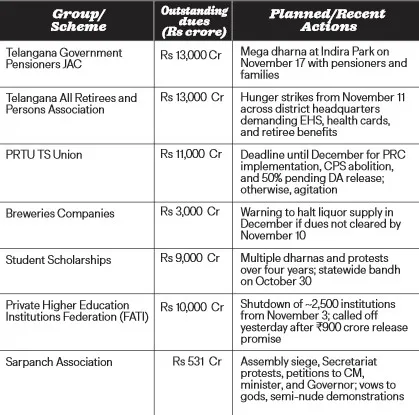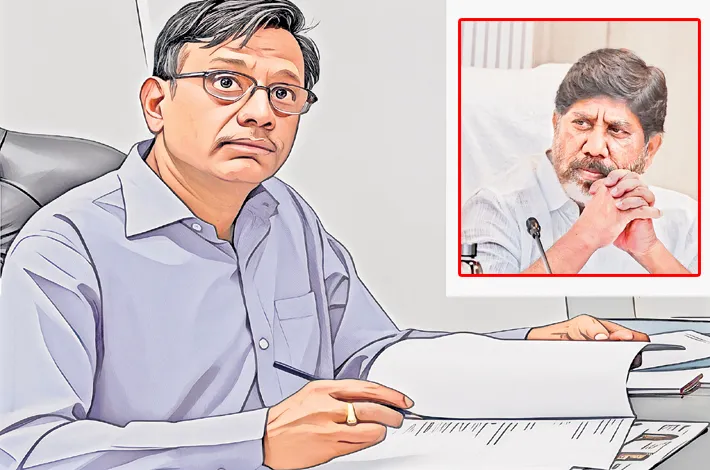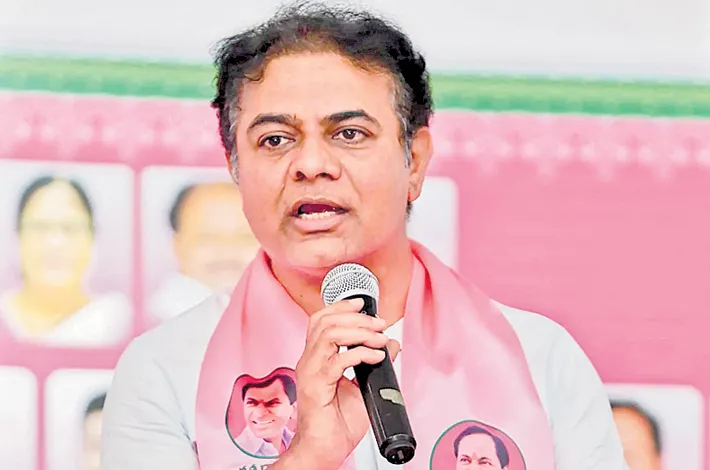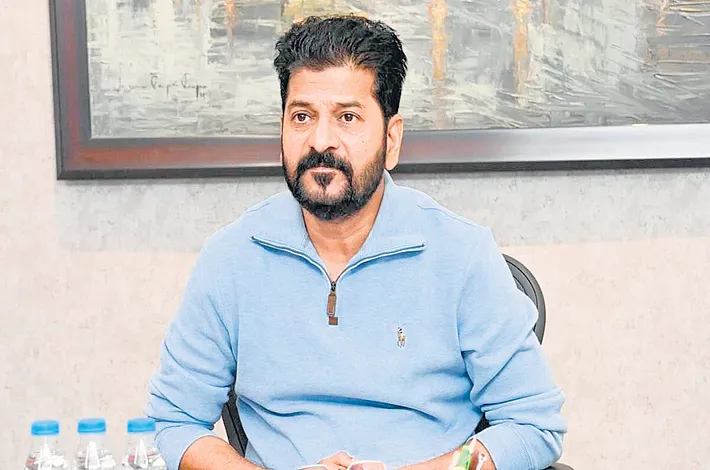Telangana faces protests over unpaid dues across multiple sectors
09-11-2025 12:00:00 AM
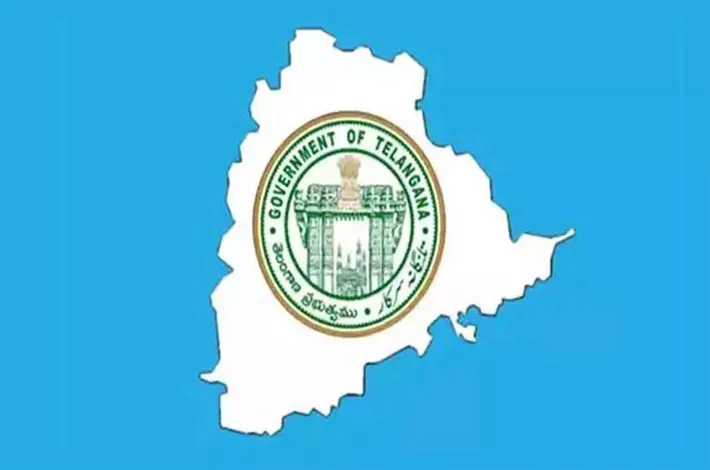
In a wave of discontent sweeping across Telangana, various groups including government employees, pensioners, students, contractors, ASHA workers, anganwadi staff, sarpanch associations, and private educational institutions are voicing their frustration through protests, dharnas, and petitions. The common thread binding these demonstrations is the state government's failure to clear long-pending dues, amounting to tens of thousands of crores, which has accumulated over years and is now impacting livelihoods.
Protests have erupted in diverse forms: one group staging a demonstration outside a government office, another holding a dharna at a different location, while government employees themselves submit memorandums. Representatives from dissatisfied sections are engaging in negotiations with top officials, and grassroots leaders are seen pleading with higher authorities.
Despite the varied methods, the demand remains uniform – prompt payment of arrears owed by the government. The aggrieved parties span a broad spectrum of society- Government employees and pensioners, students awaiting scholarships, contractors (both small-scale and large), ASHA workers and anganwadi helpers, Sarpanch associations, Managements of private educational institutions.
Contractors in a bind
Over the past two years, small contractors handling village-level works like drainage, mud roads, and CC roads are to receive bills unpaid for three to four years. Many borrowed funds to complete projects, pushing families into debt.
The Sarpanch Association highlights a stark example: Around 6,000 former sarpanches are owed approximately Rs 531 crore for works since 2023. Their protests have included besieging the Assembly, demonstrations at the Secretariat, petitions to the Chief Minister, Panchayat Raj Minister, and even the Governor. Some resorted to vows to deities and semi-nude protests. Tragically, the association claims at least eight individuals have died by suicide due to the financial strain.
Retired government employees, after decades of service, face similar hardships. Delayed benefits disrupt their post-retirement lives, forcing them into economic and health challenges. "Those who were once part of the system are now protesting against it – this should not happen," noted an analyst.
The government has attempted temporary resolutions through dialogues but has failed to address the root cause. Private institutions recently ended their strike following a government assurance, but others remain resolute.
